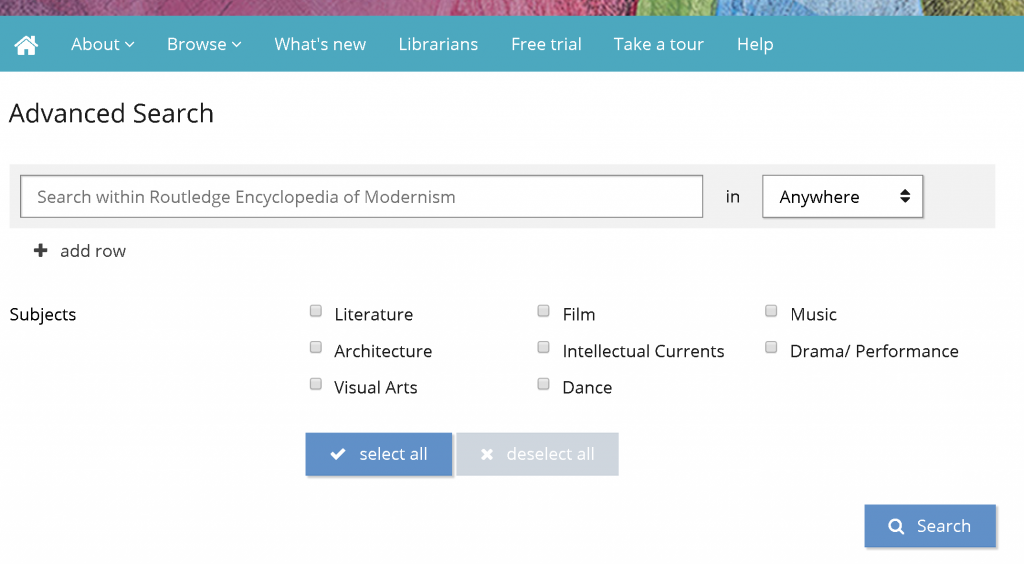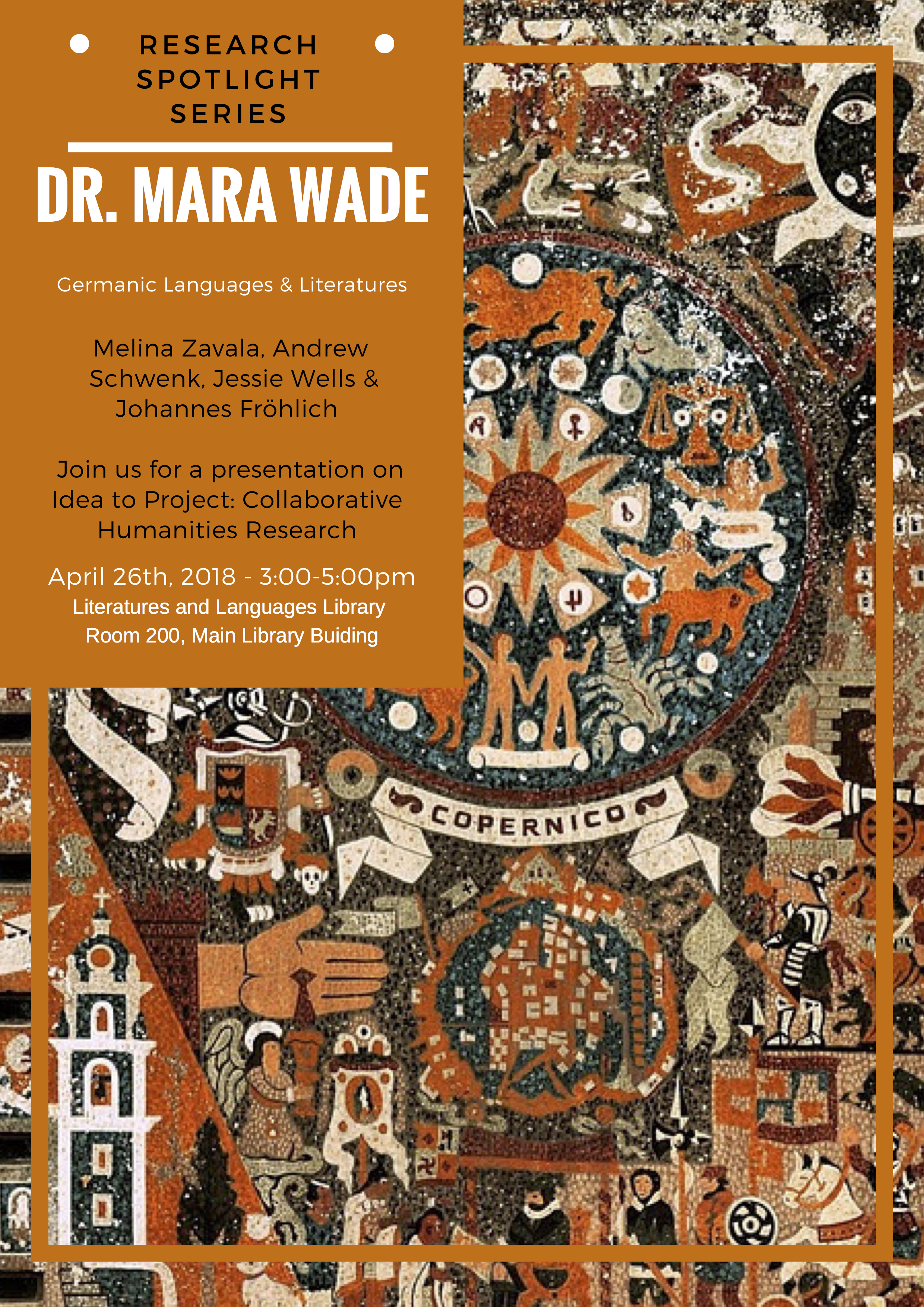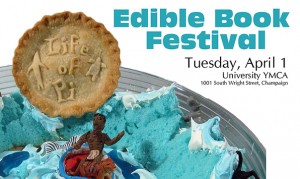One database to rule them all, and, in citations, find them!
 The University Library now provides access to Proquest One Literature. This exciting new acquisition will provide students, faculty, and staff with access to 3 million literature citations from thousands of journals, monographs, dissertations, and more than 500,000 primary works! These include rare and obscure texts, multiple versions, and non-traditional sources like comics, theatre performances, and author readings.
The University Library now provides access to Proquest One Literature. This exciting new acquisition will provide students, faculty, and staff with access to 3 million literature citations from thousands of journals, monographs, dissertations, and more than 500,000 primary works! These include rare and obscure texts, multiple versions, and non-traditional sources like comics, theatre performances, and author readings.
If this sounds like a dizzying amount of content, never fear! One Literature has a user-friendly interface that allows you to browse and search amongst criticism, primary texts, and reference works like The Routledge Companion to Asian American and Pacific Islander Literature, The Cambridge Companion to African American Theatre, The International Companion Encyclopedia of Children’s Literature, and many more!
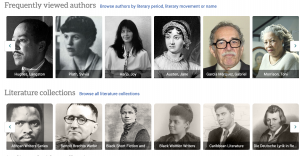 If you’d like to learn more about and dive into the works of a single writer, you’re in luck! One Literature greets each visitor with a banner of prominent authors and poets, including Jane Austen, Joy Harjo, and William Carlos Williams. Selecting a specific author will take you to a biography of the writer, direct links to their primary works, pertinent criticism, relevant reference works, links to authors from the same literary movement, and even videos and recordings of adaptations and readings. These author pages will provide wonderful guidance and resources to students and faculty across the English curriculum but may be particularly useful as references for Major Authors classes.
If you’d like to learn more about and dive into the works of a single writer, you’re in luck! One Literature greets each visitor with a banner of prominent authors and poets, including Jane Austen, Joy Harjo, and William Carlos Williams. Selecting a specific author will take you to a biography of the writer, direct links to their primary works, pertinent criticism, relevant reference works, links to authors from the same literary movement, and even videos and recordings of adaptations and readings. These author pages will provide wonderful guidance and resources to students and faculty across the English curriculum but may be particularly useful as references for Major Authors classes.
If you’d prefer to browse by topic or subject, or just casually explore, One Literature also allows you to browse by literary movement, literary period, and Literature Collections, which bring together works that showcase unique, definitive electronic collections or demonstrate the breadth of topical electronic collections available on One Literature. Prominent Literature Collections include the African Writers Series, Digitale Bibliothek Deutscher Klassiker [a digital library of classic German works], and Teatro Español del Siglo de Oro [a collection of Spanish theatre from the Golden Age].
If that were not already enough, One Literature also features an expansive array of audio-visual content, including poetry readings, Shakespeare audioplays, and BBC literary adaptations like Emma, Madame Bovary, and David Copperfield.
So, what are you waiting for? Head into to One Literature and start exploring! We can’t wait to hear about what you discover!
To learn more about One Literature or to schedule a demonstration for your class, please contact Matthew Roberts (mjrii@illinois.edu) or Paula Carns (pcarns@illinois.edu).


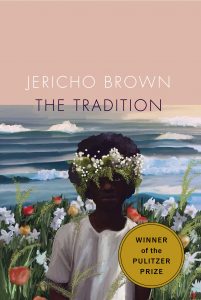 For today’s celebration of National Poetry Month, Isaac Willis, a student in UIUC’s Creative Writing MFA program, reads
For today’s celebration of National Poetry Month, Isaac Willis, a student in UIUC’s Creative Writing MFA program, reads 
